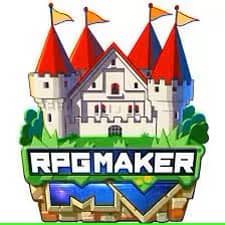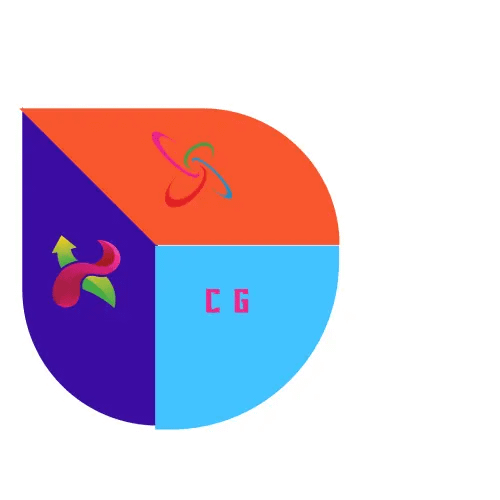
RPG Maker Free Download
Key Details
**RPG Maker Engine: Key Details**
1. **Introduction:**
– RPG Maker is a series of game development engines designed to create role-playing games (RPGs) with minimal programming knowledge.
– Developed by ASCII Corporation, later Enterbrain, and currently managed by Kadokawa.
2. **User-Friendly Interface:**
– Known for its accessible and user-friendly interface, allowing game developers with limited coding experience to create games.
3. **Tile-Based Mapping:**
– Utilizes a tile-based mapping system, where game environments are constructed using a grid of tiles, simplifying the design process.
4. **Event System:**
– Features an event system that enables users to create interactive elements and events within the game world without extensive programming.
5. **Pre-built Assets:**
– Comes with a library of pre-built assets such as characters, sprites, tilesets, and sound effects, facilitating quick game development.
6. **Scripting Support:**
– Offers scripting support for users with programming skills, allowing them to customize and extend the functionality of their games.
7. **Various RPG Genres:**
– Supports the creation of different RPG genres, including fantasy, sci-fi, horror, and more, through versatile design options.
8. **Multiple Versions:**
– RPG Maker has seen various versions over the years, with RPG Maker MV being one of the popular ones, providing HTML5 export and multi-platform compatibility.
9. **Community and Resources:**
– Boasts a vibrant online community where users can share their creations, seek advice, and download additional resources, expanding the range of available assets.
10. **Export Options:**
– Allows developers to export games to various platforms, including Windows, macOS, iOS, Android, and web browsers, enhancing accessibility for players.
11. **Commercial Use:**
– Some versions of RPG Maker allow for commercial use, enabling developers to sell their games without additional licensing fees.
12. **Limitations:**
– While RPG Maker is a powerful tool, it does have some limitations, and more complex features may require additional plugins or scripting knowledge.
13. **Updates and Support:**
– Regular updates and support from the developers ensure that the engine remains relevant and functional with the latest technologies.
14. **Learning Resources:**
– Numerous tutorials, forums, and documentation are available to help users learn and improve their game development skills using RPG Maker.
15. **Cultural Impact:**
– Has played a significant role in empowering indie game developers, leading to the creation of a diverse range of RPGs across the gaming community.
RPG Maker continues to be a popular choice for aspiring game developers looking to create their own RPGs with relative ease and creativity.
How to use
**How to Use RPG Maker Engine: Step-by-Step Guide**
Using RPG Maker to create your own role-playing game (RPG) involves several steps. The process may vary slightly depending on the version of RPG Maker you are using, but the fundamental steps remain similar. Here’s a general guide:
**1. Install RPG Maker:**
– Download and install the RPG Maker software on your computer. Ensure that you have the necessary system requirements for the specific version you are using.
**2. Create a New Project:**
– Open RPG Maker and start a new project. Choose the game’s title, define the resolution, and set other basic parameters.
**3. Design the Map:**
– Use the built-in map editor to design the game world. Place tiles to create landscapes, buildings, and other elements. RPG Maker typically employs a grid-based system for easy placement.
**4. Populate the Map:**
– Add characters and objects to the map. Characters may include the player’s avatar, NPCs (non-playable characters), and enemies. Customize their appearances and properties.
**5. Create Events:**
– Events are interactive elements in your game. They can include dialogues, cutscenes, puzzles, or battles. Use the event editor to define triggers and actions for these events.
**6. Set Up Characters:**
– Define the characteristics and behaviors of characters using the database feature. This includes attributes such as skills, stats, and equipment.
**7. Customize Graphics and Sound:**
– Import or create custom graphics and sound assets for your game. RPG Maker comes with a default set, but you can enhance your game’s uniqueness by adding your own resources.
**8. Implement Gameplay Mechanics:**
– Utilize RPG Maker’s event system to implement gameplay mechanics. This can include quests, item systems, level progression, and more. Adjust parameters to balance your game.
**9. Test Your Game:**
– Use the playtest feature to check how your game functions. This allows you to identify and fix any issues or refine gameplay elements.
**10. Debug and Refine:**
– Debug your game by identifying and fixing bugs or glitches. Pay attention to player feedback and make necessary adjustments to enhance the overall gaming experience.
**11. Export Your Game:**
– Once you are satisfied with your game, export it to your desired platform. RPG Maker provides options to export games for Windows, macOS, Android, iOS, and web browsers.
**12. Share Your Game:**
– Share your completed game with the RPG Maker community or distribute it independently. Some versions of RPG Maker allow for commercial use, enabling you to sell your game if desired.
**13. Explore Advanced Features (Optional):**
– For users with programming skills, explore scripting and plugin options to add advanced features or modify existing ones. This step is optional and not necessary for basic game creation.
Remember to consult the RPG Maker documentation, community forums, and tutorials for additional guidance and tips as you embark on your game development journey.
